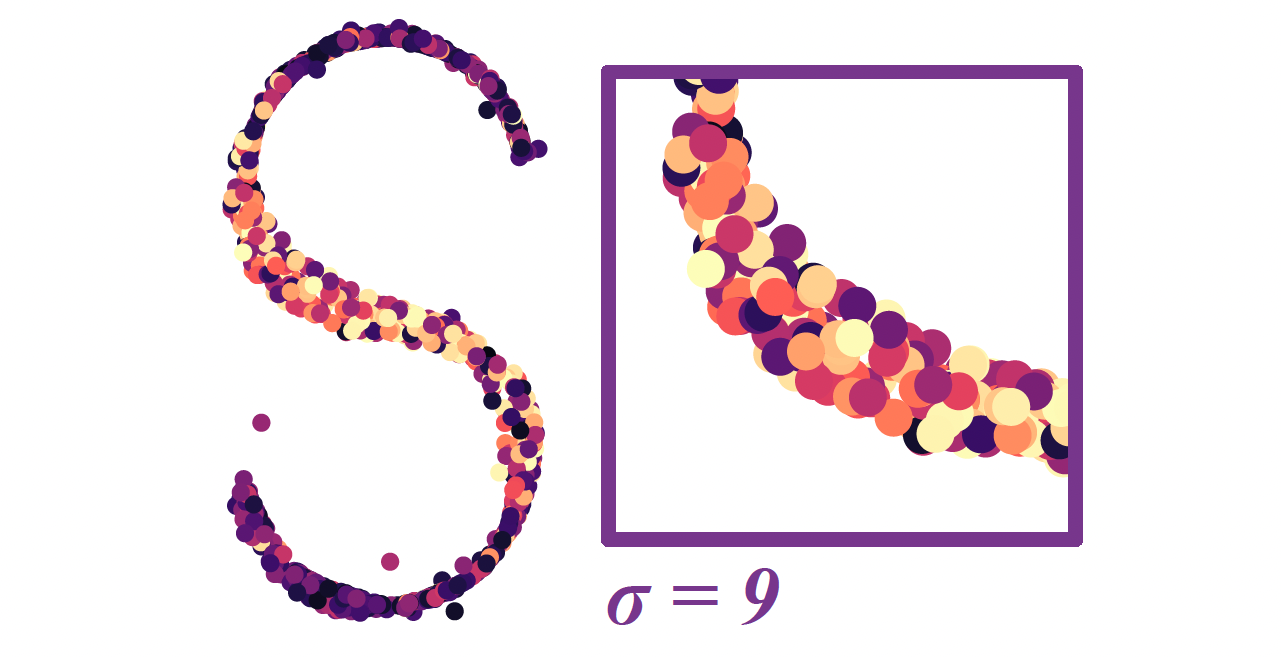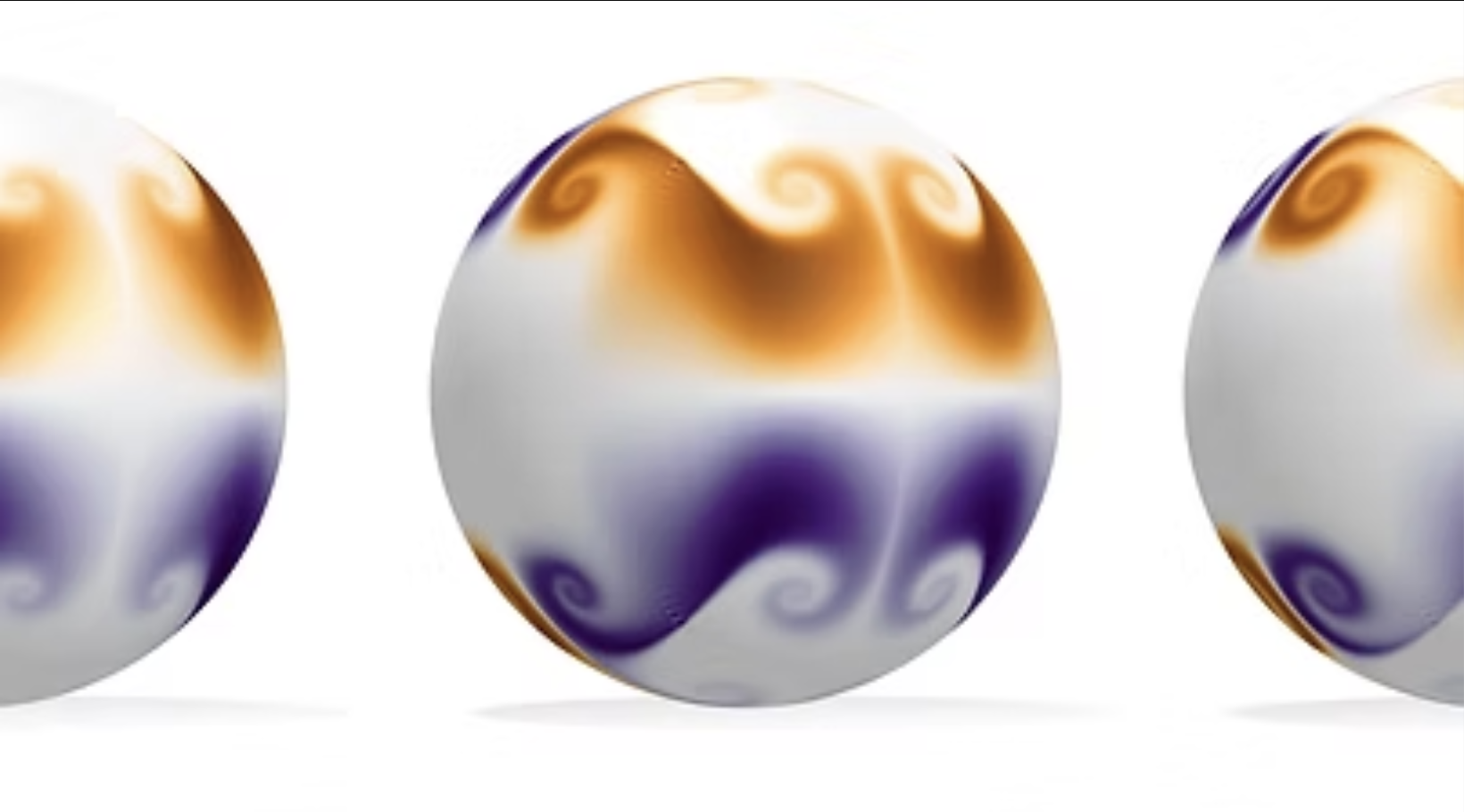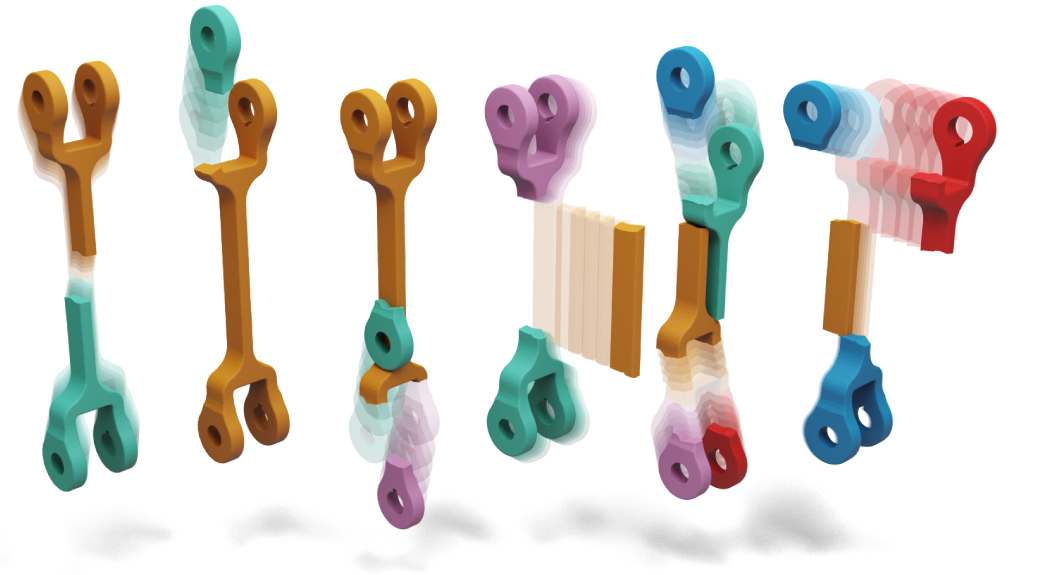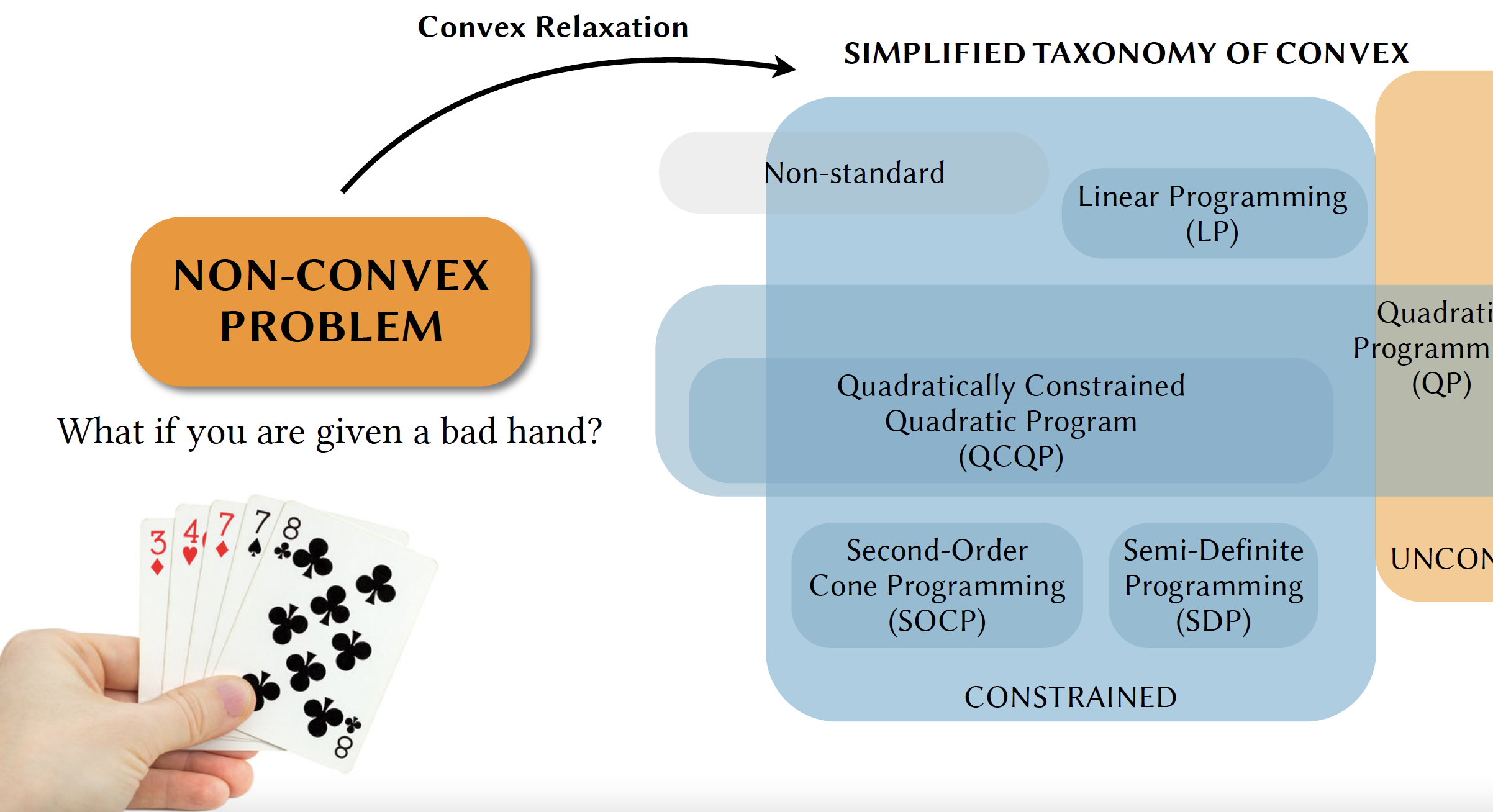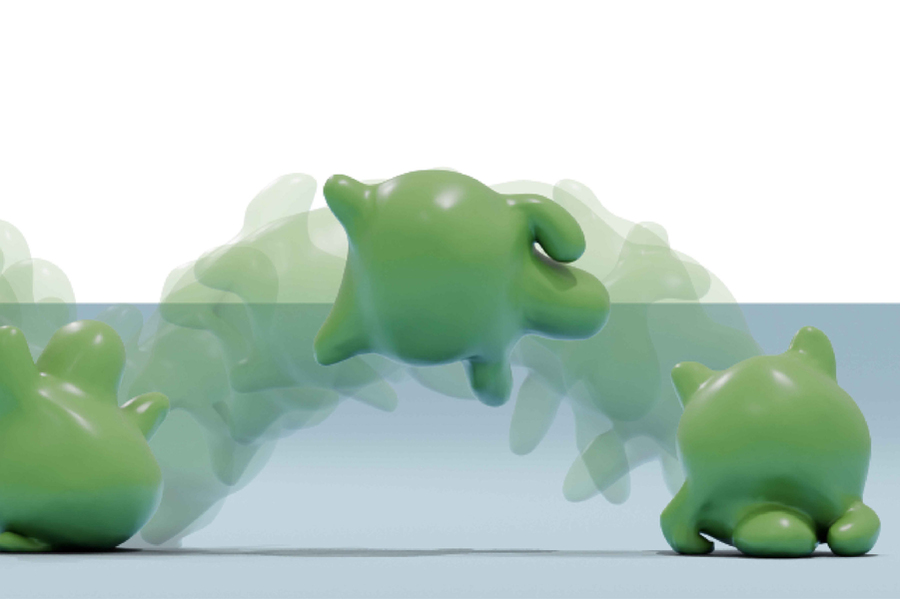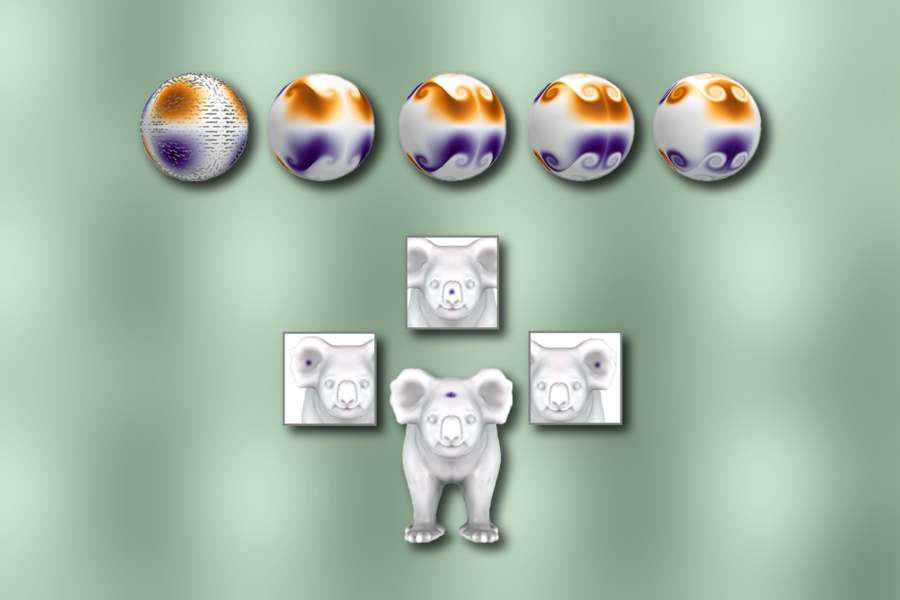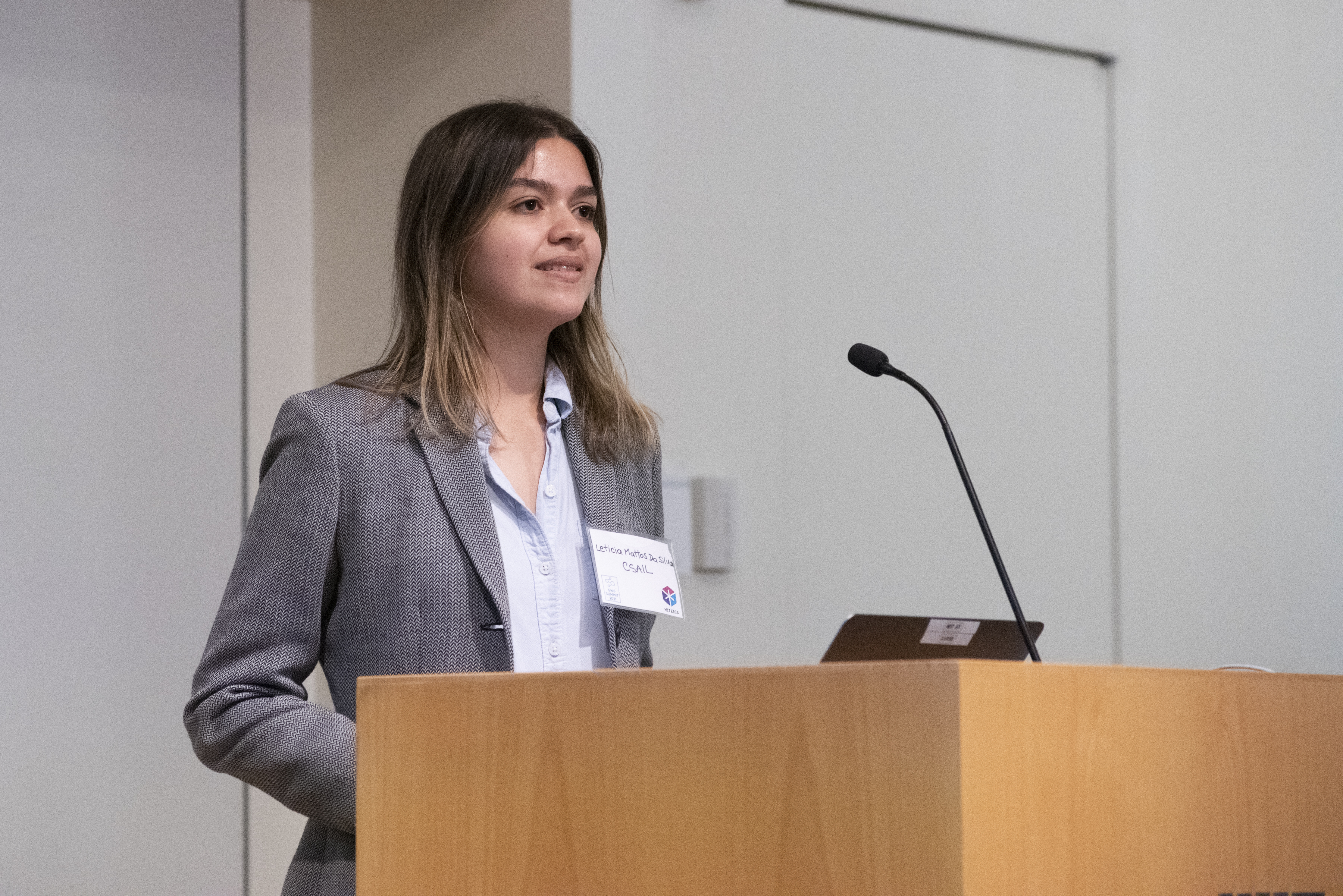
leticiam[at]mit[dot]edu
About me
I’m a Ph.D. student at MIT, where I work under the supervision of Justin Solomon. My research seeks to empower people with reliable and effective ways to solve numerical problems in geometry.
I am the recipient of two MathWorks Fellowships, a Google Fellowship and a MIT Distinguished Fellowship. Before coming to MIT, I graduated cum laude with a bachelor’s degree in mathematics at the University of California, Los Angeles.
In my spare time, I enjoy watching telenovelas (what am I watching now?) and pretending to be a great chef in my home kitchen.

